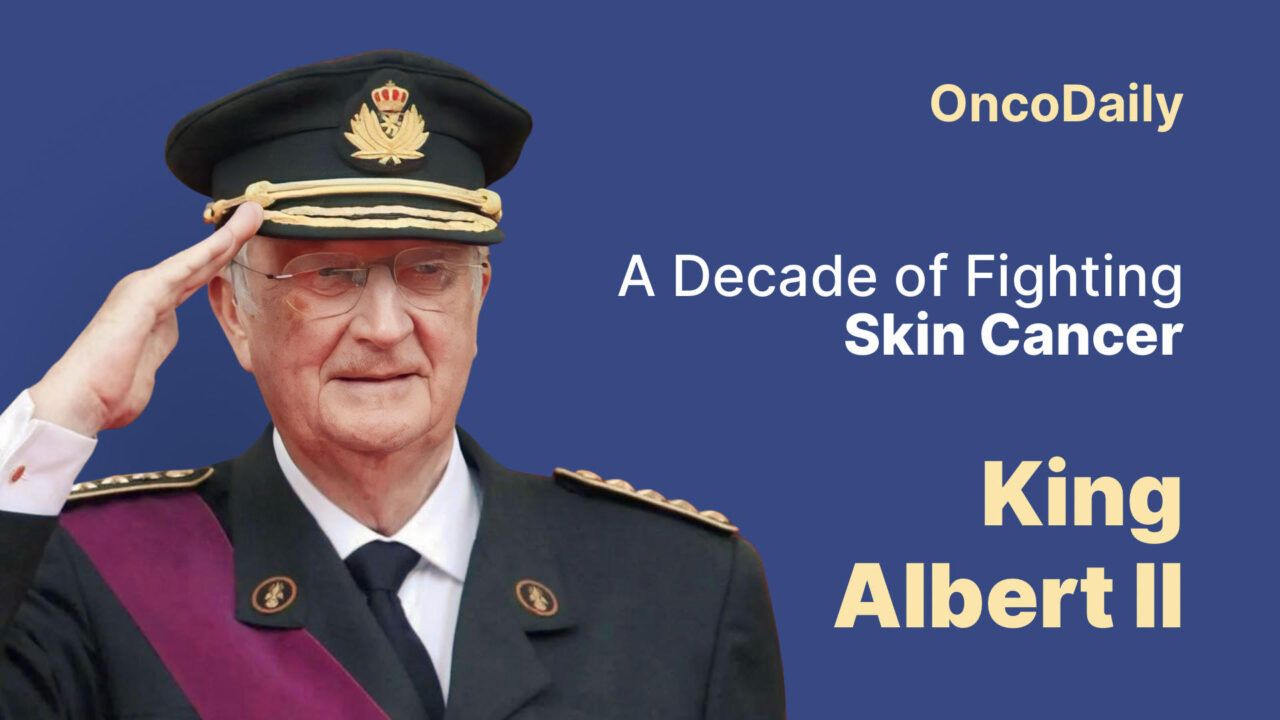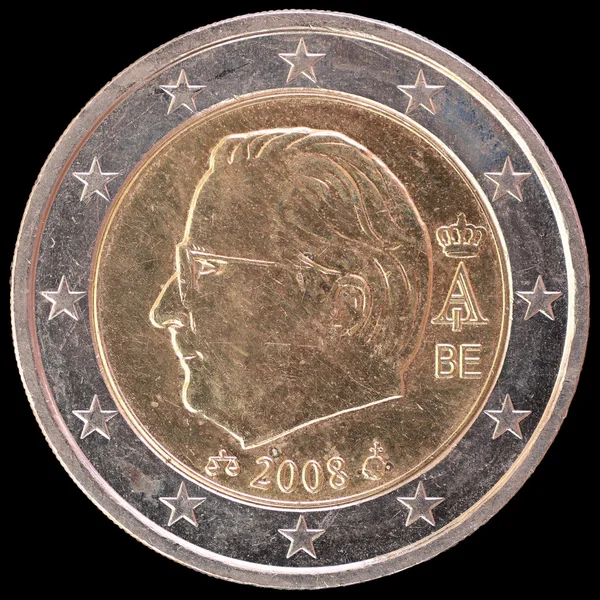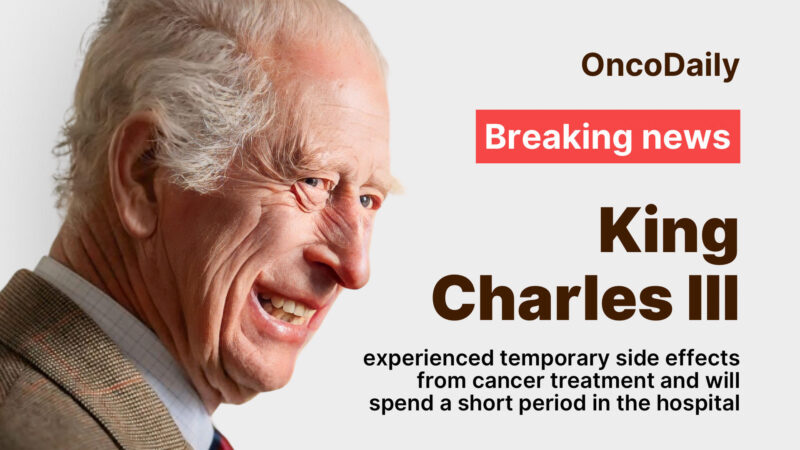
King Albert II’s Brave Battle: A Decade of Fighting Skin Cancer
King Albert II of Belgium, aged 91, has recently undergone cancer treatment for the sixth time in the past 11 years, marking a significant chapter in his ongoing battle with skin cancer. This latest procedure was preventive in nature, addressing skin cancer concerns, although the exact timing of the surgery was not disclosed by the Belgian Royal Palace. The former monarch’s public appearance after five months, showing a visible scar extending from his nose to his upper lip, underscored the seriousness of his health challenges.

Having abdicated the throne in 2013 due to health reasons, King Albert’s decade-long fight with cancer highlights both his resilience and the impact of prolonged sun exposure during his frequent travels to sunnier climates. As a respected former king, his health journey continues to draw public attention and sympathy.
From Throne to Treatment: King Albert’s Ongoing War with Skin Cancer
King Albert II reigned as King of Belgium from 1993 until his abdication in 2013. During his 20-year reign, he was known for his dedication to national unity and played a key role in navigating Belgium through complex political challenges. In 2013, citing advancing age and ongoing health concerns—including his long-standing battle with cancer—King Albert II chose to step down from the throne. His abdication paved the way for his son, King Philippe, to ascend as the new monarch, ensuring a smooth transition of royal duties and continuity for the Belgian monarchy.
Royal Resilience: King Albert II’s Ongoing Fight Against Skin Cancer
Over the past eleven years, King Albert II of Belgium has faced a persistent and challenging battle with skin cancer, undergoing at least six major treatments specifically targeting this condition. In total, his medical history includes around ten cancer-related interventions, reflecting the recurrent nature of his illness and the ongoing vigilance required to manage it effectively. His journey with skin cancer began roughly in the early 2010s, and since then, he has been subjected to multiple surgical procedures and preventive treatments aimed at removing cancerous or precancerous lesions and preventing further spread.
The most recent of these interventions was a preventive surgical procedure performed on his face, which became publicly evident when King Albert made a rare appearance at a reception in Brussels after a five-month hiatus from public life. Photographs taken at the event revealed a noticeable scar extending from the side of his nose down to his upper lip, marking the site of the latest surgery. This visible sign underscored the seriousness of his condition and the extent of medical care required to manage it.
The Belgian Royal Palace officially confirmed that this surgery was related to skin cancer prevention, highlighting the proactive approach taken by his medical team to address potential risks before they develop into more serious problems.
What Role does Age and Sun Exposure Play in King Albert II’s Ongoing Struggle with Skin Cancer?
Medical experts and commentators have widely speculated that King Albert’s repeated skin cancer issues are closely linked to his long-standing habit of spending extended periods in sun-drenched regions, particularly the south of France and Italy. These areas are renowned for their intense sun exposure and high ultraviolet (UV) radiation levels, which are well-established risk factors for skin cancer, especially in older individuals with fair skin. The former monarch’s frequent travels and vacations in these sunny climates likely contributed to cumulative UV damage over the years, increasing his susceptibility to developing skin malignancies.
What Can We Learn from King Albert II’s Medical Journey about the Importance of Early Skin Cancer Detection?
In addition to the direct impact of UV radiation, age-related changes in skin repair mechanisms and immune function may have further heightened his vulnerability. As a man in his 90s, King Albert’s skin is naturally thinner and less resilient, making it more prone to damage and slower to heal. This combination of environmental exposure and biological factors has necessitated ongoing medical surveillance and repeated interventions to detect and treat skin cancer lesions early.
Beyond skin cancer, King Albert’s health profile includes other significant medical challenges. In 2023, he was hospitalized due to dehydration, and he has a known history of heart problems and back issues, all of which complicate his overall health status. These conditions, combined with his cancer treatments, have understandably limited his public appearances and royal engagements in recent years.
A King in Crisis: King Albert II’s Courageous Confrontation with Skin Cancer
Despite these challenges, King Albert continues to receive comprehensive medical care and strong support from his family. His son, King Philippe, has been notably attentive, even canceling official engagements to be by his father’s side during hospital stays and recovery periods. This close family involvement underscores the personal and emotional dimensions of the former king’s health battle.
King Albert II: A Monarch’s Journey Through Multiple Battles with Skin Cancer
King Albert II’s decade-long fight against skin cancer serves as a poignant reminder of the risks associated with prolonged sun exposure, especially for older adults. It also highlights the critical importance of regular skin checks, early detection, and preventive treatment in managing skin cancer effectively. His journey brings public attention to skin cancer awareness and the need for protective measures such as sunscreen use, protective clothing, and minimizing direct sun exposure, particularly in high-risk individuals.
What has King Albert II’s Skin Cancer Journey Taught us about the Risks of Prolonged Sun Exposure?
King Albert II of Belgium has faced multiple health challenges in recent years, which have significantly impacted his public appearances and royal duties. Among his ongoing health issues are a heart condition, episodes of dehydration requiring hospitalization, and chronic back problems.
In 2023, the former monarch was hospitalized as a precautionary measure after becoming dehydrated, remaining in the hospital for several days. During this time, his son, King Philippe, canceled a public engagement to visit him, underscoring the seriousness of his condition. Additional complications during this hospitalization included a blood infection that required treatment before he was discharged. These health setbacks have contributed to King Albert’s reduced visibility in public life.
How has King Albert II’s Story Influenced Public Discussions on Health, Aging, and Prevention?
His heart condition, combined with his advanced age of 91, naturally limits his physical endurance and ability to participate in official events. Furthermore, his chronic back problems add to his overall health burden, making mobility and prolonged public engagements more difficult. These factors, along with his repeated skin cancer treatments, have led to longer periods of rest and fewer public appearances.
Since abdicating the throne in 2013 due to health concerns, King Albert has gradually stepped back from royal duties, with King Philippe assuming full responsibilities. The former king’s health challenges have reinforced this transition, as maintaining a demanding public role has become increasingly difficult. Despite these limitations, King Albert remains a respected figure, and his family continues to provide strong support during his health struggles.
How does King Albert II’s Family Provide Strong Support During His Health Battles?
King Albert II made his first public appearance in five months at a reception in Brussels, marking a significant moment amid his ongoing health battles. During this event, observers noted a prominent facial scar extending from his nose to his upper lip, a visible sign of his recent preventive surgery for skin cancer. This scar highlighted the seriousness of his condition and the medical interventions he has undergone.

The former king’s health struggles have garnered considerable attention and sympathy, with his family playing a crucial role in his care and support. Notably, King Philippe, his son and current monarch, demonstrated his commitment by canceling scheduled public engagements to visit King Albert during his hospital stays. This close family support underscores the personal challenges behind the public figure’s health journey and reflects the strong bond within the royal family during difficult times.
What Preventive Measures Can be Learned from King Albert II’s Long-Standing Battle with Skin Cancer?
Medical experts emphasize that King Albert II’s repeated skin cancer treatments over the past decade reflect the chronic and recurrent nature of skin malignancies, especially in individuals with prolonged sun exposure. Specialists suggest that his condition is likely linked to cumulative ultraviolet (UV) radiation damage from frequent holidays in sunny climates such as southern France and Italy, which significantly increases the risk of developing skin cancers like basal cell carcinoma or squamous cell carcinoma.
The preventive nature of his most recent surgery—confirmed by the Belgian Royal Palace—indicates a proactive approach aimed at removing potentially cancerous or precancerous lesions before they progress. This strategy is common in managing skin cancer, particularly in older adults with a history of multiple lesions, to reduce the risk of invasive disease. The visible scar from the surgery, extending from his nose to his upper lip, underscores the extent of the intervention and the careful monitoring required to manage such cases.
What has King Albert II’s Preventive Surgery Taught us about Proactive Skin Cancer Management?
Ongoing monitoring is critical in King Albert’s case, as skin cancers can recur or develop anew, especially when risk factors like sun exposure remain. Regular dermatological examinations, early detection of suspicious lesions, and timely surgical or medical treatment are essential components of his care plan. Experts also highlight the importance of preventive measures such as sun protection and lifestyle modifications to minimize further UV damage.
King Albert II: A Monarch’s Legacy Beyond the Throne
King Albert II’s repeated skin cancer treatments illustrate the challenges of managing this disease in high-risk individuals. His recent preventive surgery and continued medical surveillance demonstrate a comprehensive, vigilant approach aimed at controlling the disease and preserving his health. King Albert II’s legacy as a unifying and stabilizing figure during his 20-year reign remains deeply respected in Belgium and beyond.
Known for his dedication to national unity amid political divisions between Wallonia and Flanders, he played a crucial role in guiding Belgium through periods of instability, including the prolonged government formation crisis of 2010–2011. His efforts earned him a reputation as a steady and compassionate monarch who transcended political divides to serve his country.
Amidst his current health struggles, including a decade-long battle with skin cancer, King Albert’s public journey has taken on a profoundly human dimension. His openness about his medical challenges, including multiple surgeries and hospitalizations, has helped demystify the experience of serious illness, especially among older adults and public figures. This vulnerability has endeared him further to the public, showing that even monarchs face health battles with courage and resilience.
You Can Also Read King Charles III Hospitalized Following Side Effects from Cancer Treatment by Oncodaily

What Public Health Messages has King Albert II’s Health Journey Inspired?
Moreover, King Albert’s fight against skin cancer raises important awareness about the risks of prolonged sun exposure and the importance of preventive healthcare. His visible scars and ongoing treatment serve as a reminder of the need for vigilance in skin cancer detection and protection, inspiring public conversations about health and prevention.
In this way, King Albert II’s personal health journey humanizes the former monarch beyond his royal role, fostering empathy and highlighting critical public health messages. It underscores the universal nature of health challenges and the importance of family support, medical care, and public awareness in battling disease.
Written by Aharon Tsaturyan, MD.
FAQ
How many times has King Albert II undergone cancer treatment?
King Albert II has undergone cancer treatment six times in the past 11 years.
What type of cancer is King Albert II battling?
He is battling skin cancer, specifically undergoing preventive procedures to manage it.
When was King Albert II’s most recent cancer surgery?
The exact date of his latest surgery has not been disclosed, but it was confirmed recently and visible scars appeared in public photos.
What caused King Albert II’s skin cancer?
Medical experts suggest his skin cancer is linked to extensive sun exposure during frequent holidays in sunny regions like southern France and Italy.
How old is King Albert II during his current cancer treatments?
King Albert II is 91 years old.
Did King Albert II abdicate because of his health?
Yes, he abdicated the throne in 2013 citing age and health concerns, including his ongoing battle with cancer.
How has King Albert II’s health affected his public appearances?
His health challenges, including cancer treatments and other issues like dehydration and heart problems, have limited his public engagements.
What family support does King Albert II have during his cancer battle?
His son, King Philippe, has been very supportive, canceling public events to visit him during hospital stays.
Are King Albert II’s cancer treatments preventive or curative?
Recent procedures have been preventive, aiming to remove precancerous lesions before they develop into more serious conditions.
What is the public and media reaction to King Albert II’s cancer battle?
The public shows sympathy and respect, with media highlighting his resilience and raising awareness about skin cancer risks and prevention.
-
Challenging the Status Quo in Colorectal Cancer 2024
December 6-8, 2024
-
ESMO 2024 Congress
September 13-17, 2024
-
ASCO Annual Meeting
May 30 - June 4, 2024
-
Yvonne Award 2024
May 31, 2024
-
OncoThon 2024, Online
Feb. 15, 2024
-
Global Summit on War & Cancer 2023, Online
Dec. 14-16, 2023
